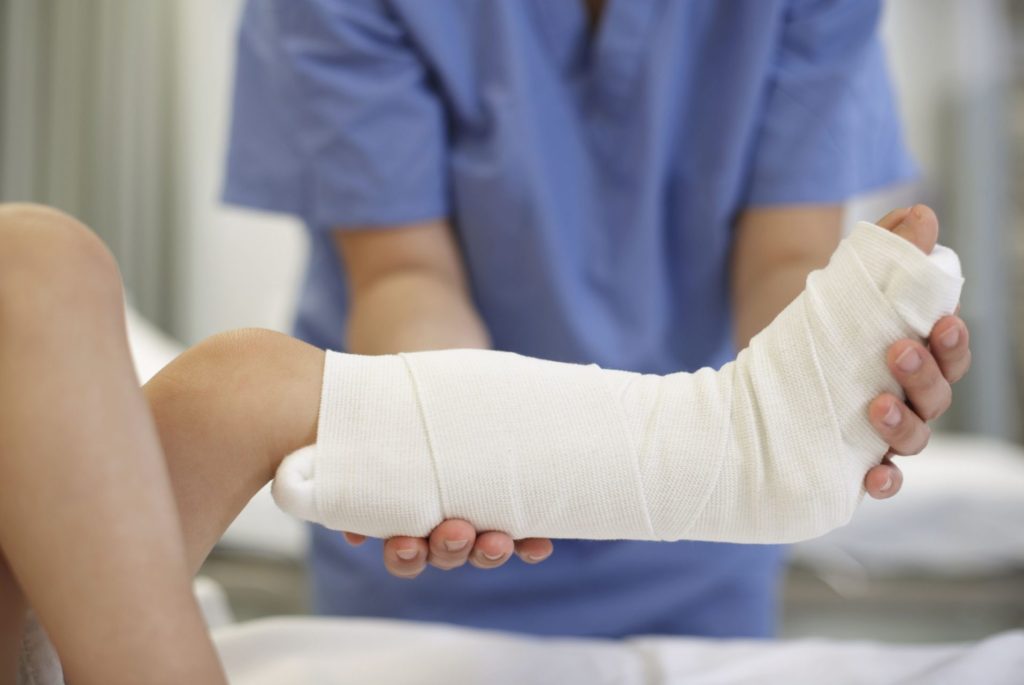
Building strong healthy bones!
My formula for strong healthy bones is rather simple:
calcium + vitamin D + magnesium + weight bearing exercises = strong healthy bones!
Of course this is oversimplified as other elements like phosphorous and hormones are needed but overall it provides a good guide to what’s important to incorporate. It’s equally important to limit certain things like sodas and caffeine containing drinks (e.g. tea, coffee, red bull or some sports drinks). Caffeine and phosphoric acid (in some sodas) leach calcium out of bones making them brittle.
Let’s take a closer look at calcium
Calcium is one of the most important minerals for growing children. Not only is it needed to form healthy bones and teeth it’s also vital for our blood vessels, heart and muscles to function optimally. Calcium is especially important for children as this is the peak time when bones grow and bone mass is established. So good bone density in childhood means less risk of fractures and less risk of osteoporosis.
Although very severe calcium deficiencies can affect muscles and blood clotting, it’s usually bones that are the first to feel the impact of in adequate intake. This is because bones are the body’s storage of calcium, so when intake of calcium rich foods is low, the body essentially breaks down bone to release the calcium to be used elsewhere.
What’s really concerning is that most Australian children don’t get enough in their diets. According to the Australian Bureau of Statistics more than a half of all children and more than two thirds of teenage girls diet is too low in calcium. I personally found these statistics surprising and scary! And if you think of a teenager going through a growth spurt increasing their need for calcium coupled with not eating enough calcium and then also drinking caffeinated drinks, they are definitely at risk.
Clues of low calcium:
- no symptoms or signs
- weak bones
- tooth decay
- muscle aches & cramps that can progress to tetany- uncontrolled muscle contraction
- brittle and/or dry nails including peeling of nails
- dry skin (may be itchy)
- extreme fatigue
Most commonly calcium deficiency is silent and also hard to diagnose as the calcium levels in the blood isn’t a good reflection of calcium in the body. Remember I said that most (>90%) is actually stored in bones which isn’t represented in standard blood tests. So to me it’s important to look to our children’s diets to ensure they’re getting enough in order to prevent any problems.
Recommended daily calcium intake
| Age | Milligrams/day |
| 1-3yo | 500mg |
| 4-8yo | 700mg |
| 9-11 | 1000-1300g |
| 12-18 | 1300g |
What does this look like?
| Milk- cows, goats | 1 cup | 300mg |
| Hard yellow cheese | 1 slice (20g) | 160mg |
| Yoghurt | 1 cup | 300mg |
| Kale | 1 cup cooked | 100mg |
| Bok choy | 1 cup cooked | 75mg |
| Spinach | 1 cup cooked | 250mg |
| Almonds | 10 | 40mg |
| Broccoli | 1 cup | 40mg |
| Sardines (with bones) | Small can (100g) | 300mg |
| Tofu | 1 cup | 400mg |
| Salmon (with bones) | Small can (100g) | 200mg |
| Tahini | 1 tablespoon | 60mg |
| Dried figs | 2 | 90mg |
| Poppy seeds | 1 table spoon | 120mg |
| Chia seeds | 1 tablespoon | 70mg |
This all being said too much calcium can cause problems too so as with most things it’s all about getting the right amount. And the safest way to do this is through diet and if this isn’t possible with recommended supplements.
